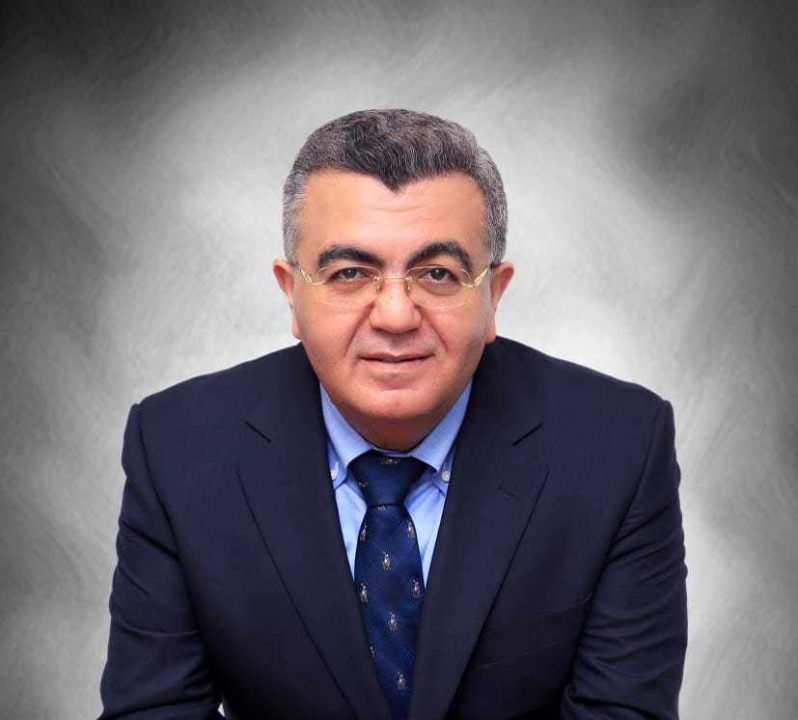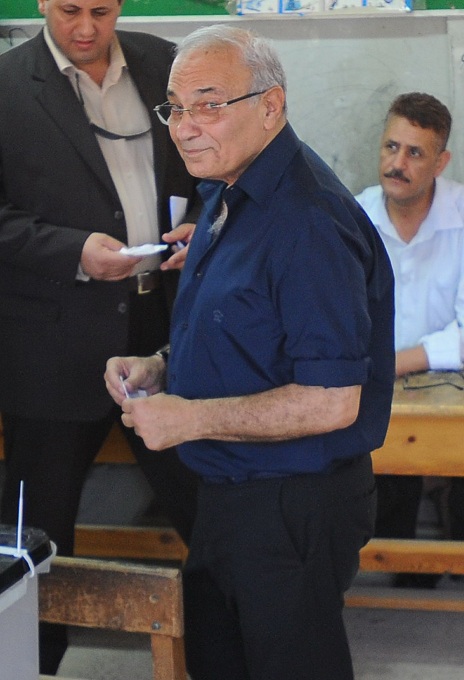The recent visits by Western and Arab political leaders to Syria, along with unprecedented economic support, highlight an illogical rush to legitimize a group that is internationally recognized as a “terrorist” organization. This group, with no constitutional or legal basis to govern a nation torn apart by civil and sectarian conflicts since 2011, appears to be advancing its agenda under the guise of international approval. What we are witnessing is a disturbing campaign to promote a terrorist regime, rehabilitating its image with the open support of transparent financial resources.
A stark divide exists between Western expectations for the new Syrian regime and the aspirations of Arab nations, including Türkiye, a key supporter of this regime. Western countries are primarily concerned with two significant issues. First, the rising rates of illegal immigration from countries facing political instability and conflict present a host of social, security, and economic challenges. This influx has led to increased support for right-wing nationalist parties that advocate for strict immigration policies, often at the expense of human rights. This trend is evident in the electoral results of France, Italy, and the United Kingdom, with similar outcomes expected in Germany soon. Second, the rise in violence and extremism, alongside an increase in lone-wolf attacks across Europe, has caused significant casualties and material damage. Reports from the European Union indicate that security costs have surged more than fourfold over the last decade. These two issues are the main drivers behind the West’s urgent push to establish an Arab Islamic model that meets their needs.
The situation among Arab nations is quite different. Some countries have long been the primary financiers of extremist political Islam, viewing it as a strategic tool to exert influence in the region, even when their ambitions exceed their military, political, and historical capabilities. Others feel compelled to compete in this arena to secure their own internal stability against regional players, particularly after the shifts in power following the October 7 war. Most of these nations remain cautious, awaiting the final resolution of their positions as they anticipate the arrival of the new American administration under Donald Trump.

Türkiye, meanwhile, perceives the changes in Syria as a direct opportunity for negotiations with Israel, seeking to address the diminishing Iranian influence. From Ankara’s perspective, the entity that fills this void could resolve many contentious issues, such as the Kurdish crisis, Mediterranean gas disputes, and the political dynamics in Iraq and Lebanon. This role has long been a goal for Ankara, dating back to the fall of the Ottoman Empire.
Israel is another key player that should not be overlooked. For over fifty years, Israel has viewed the survival of the Assad regime as a source of security and stability. The Golan front has remained the only area not touched by gunfire since the 1973 war, despite the absence of a formal peace agreement. It may seem surprising that Tel Aviv would support the removal of Assad in favour of a radical Islamic regime, labelled as a global terrorist entity, without any compensation. However, recent developments provide clarity. The Biden administration finalized the largest arms deal in Israeli history, valued at over $8bn. Moreover, Israel has systematically destroyed the Syrian army’s stockpiles, ports, camps, and research centres through hundreds of airstrikes.
Many analysts consider Ahmed Al-Sharaa, also known by his nom de guerre Abu Mohammad Al-Julani, the leader of Hay’at Tahrir Al-Sham, a pragmatic figure. However, this view, shaped largely by a Western cultural lens, reflects biases rather than the complex reality of the Middle East.
Western decision-makers often adopt a cultural bias when analyzing leaders in the Arab world, assuming they seek political and economic stability or international harmony. The truth, however, is that the Middle East remains heavily influenced by tribal, ethnic, and religious cultures. Conflicts between Sunni and Shia groups, as well as ethnic divisions, continue to fuel regional tensions. While religious wars have largely faded in the West, they persist as significant drivers of strife in the Middle East. A common framework for resolving these issues remains elusive.
The Western view of Al-Julani is significantly distorted, stemming from a profound disconnect between Western values and Middle Eastern realities. Western officials often interpret his behaviour—such as adopting Western-style attire, refraining from excessive violence, and using diplomatic language—as signs of pragmatism. However, his actions align more with an Islamic strategy known as “taqiyya,” which involves presenting a facade to mask true intentions. One of his key tactics is the use of “hudna,” a temporary ceasefire that is permissible when Muslims find themselves in a position of weakness, with the intention to strengthen and resume combat at a later time.
The shock will be inevitable when the West realizes that their interpretations of Al-Julani’s actions as signs of reform are misguided. The truth is that Al-Julani remains an ideological jihadist whose long-term objectives do not align with peace or prosperity from a Western perspective. He is an extremist who exploits diplomacy, religious history, and Western misinterpretations to further his agenda and that of his followers.
Dr. Hatem Sadek – Professor at Helwan University


